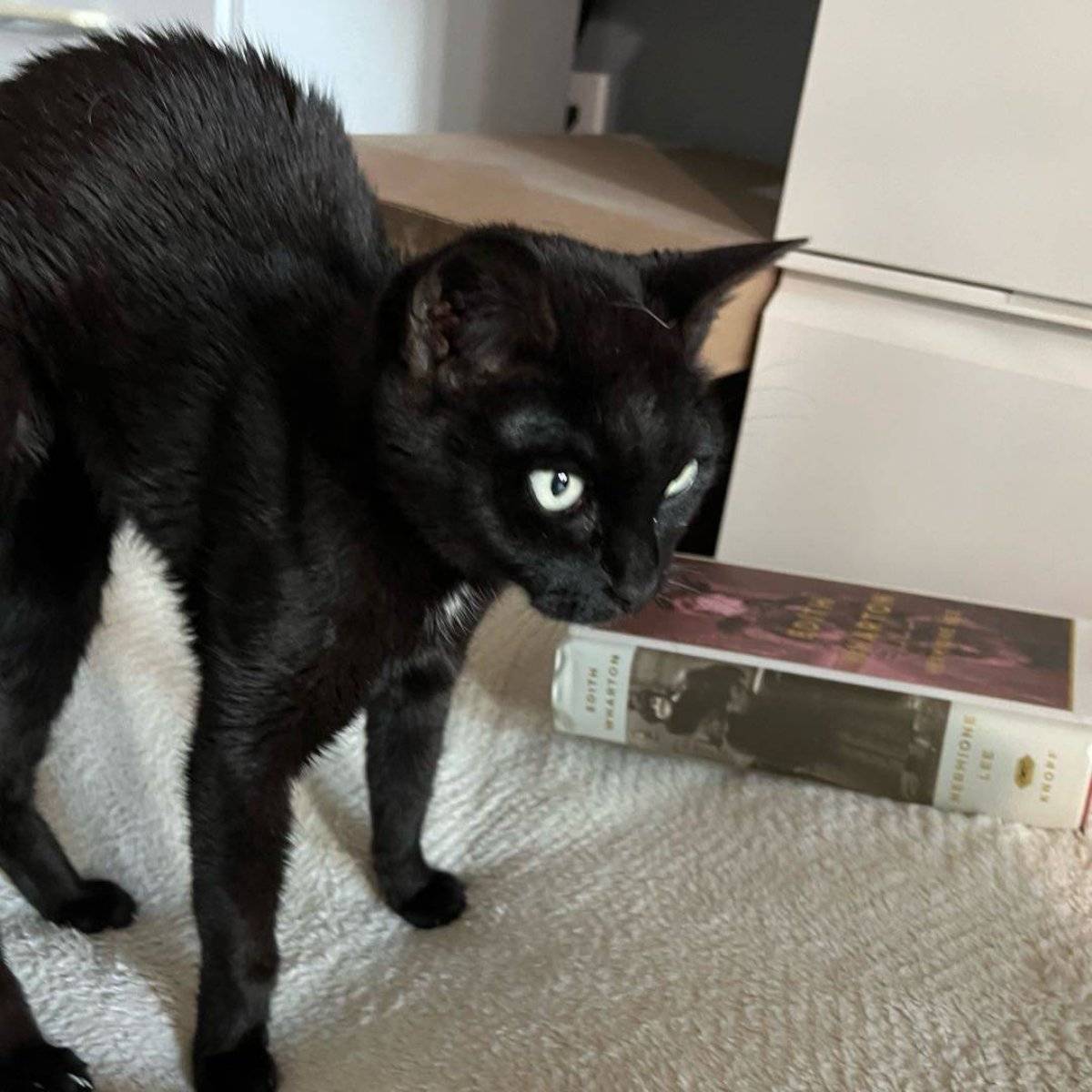
repost for @Graywacke
Cat‘s getting ready. This is a reminder. Two weeks till our first chat on chapters 1-4 - Saturday, Jan 24. (I‘ll start next weekend) #whartonbuddyread

repost for @Graywacke
Cat‘s getting ready. This is a reminder. Two weeks till our first chat on chapters 1-4 - Saturday, Jan 24. (I‘ll start next weekend) #whartonbuddyread
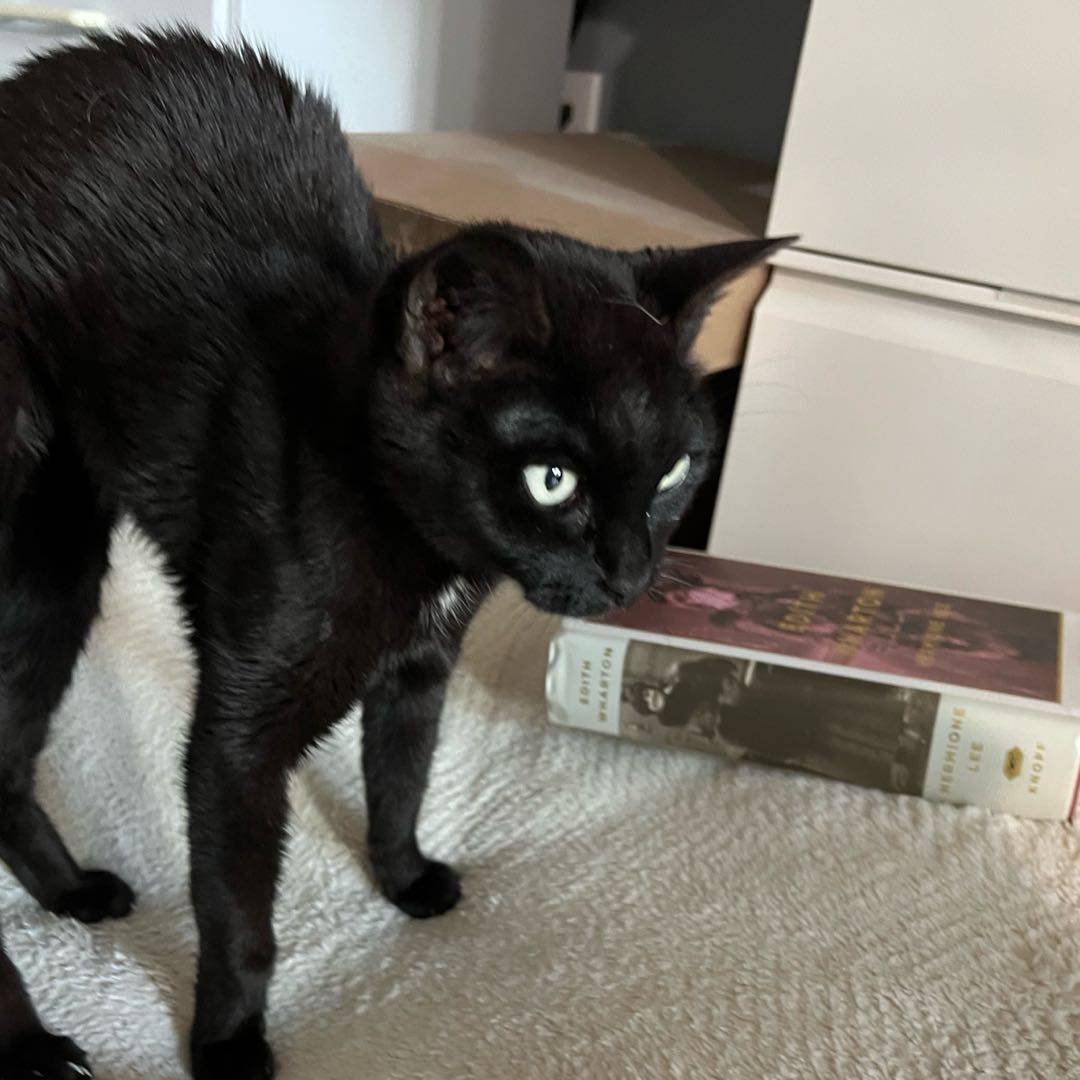
Cat‘s getting ready. This is a reminder. Two weeks till our first chat on chapters 1-4 - Saturday, Jan 24. (I‘ll start next weekend) #whartonbuddyread
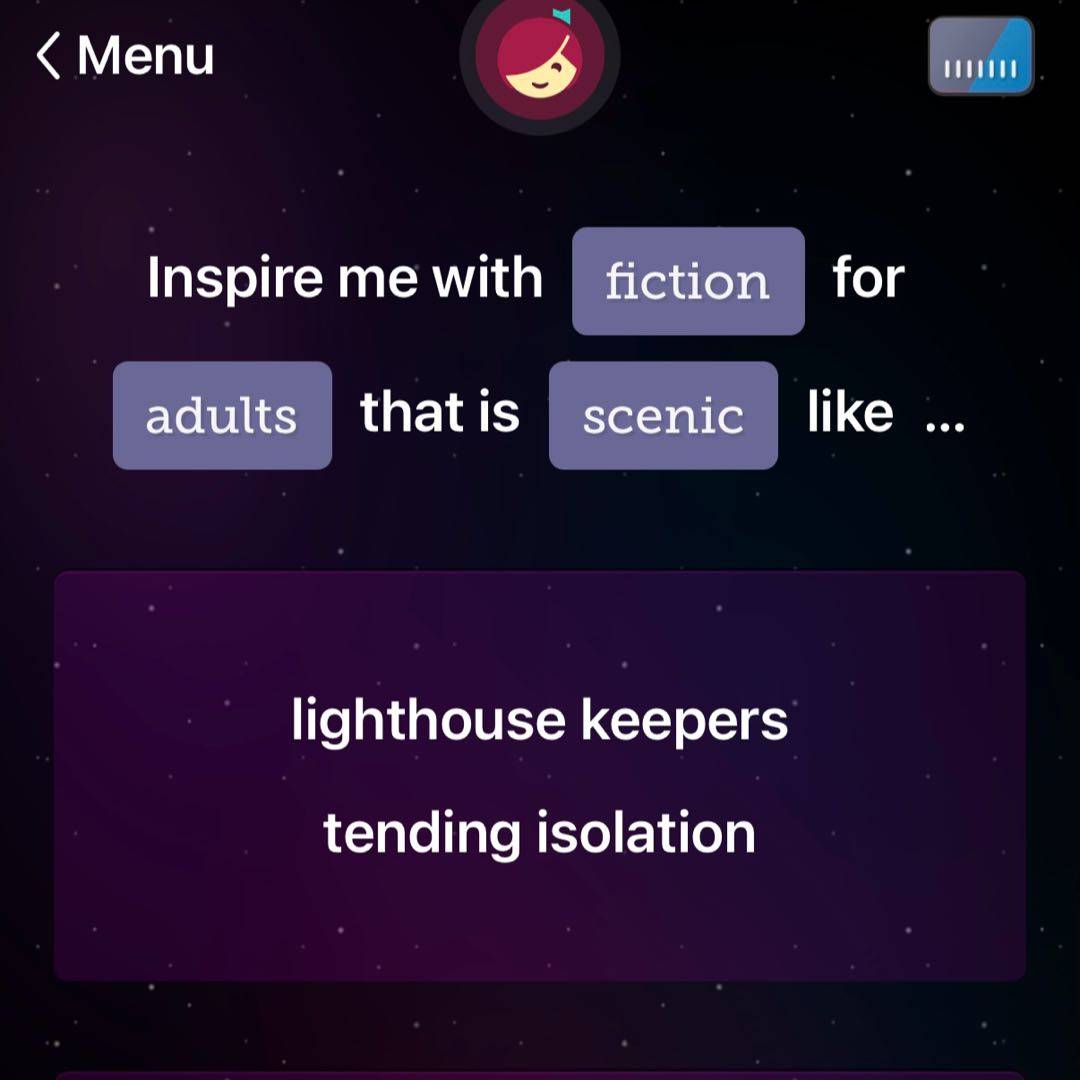
Has anyone else noticed this new widget on Libby? It‘s kinda cool. Just go to your center button (the Libby shaped one) at the bottom of the screen in the app and start playing with it. It seems to do a pretty good job of coming up with books that fit.
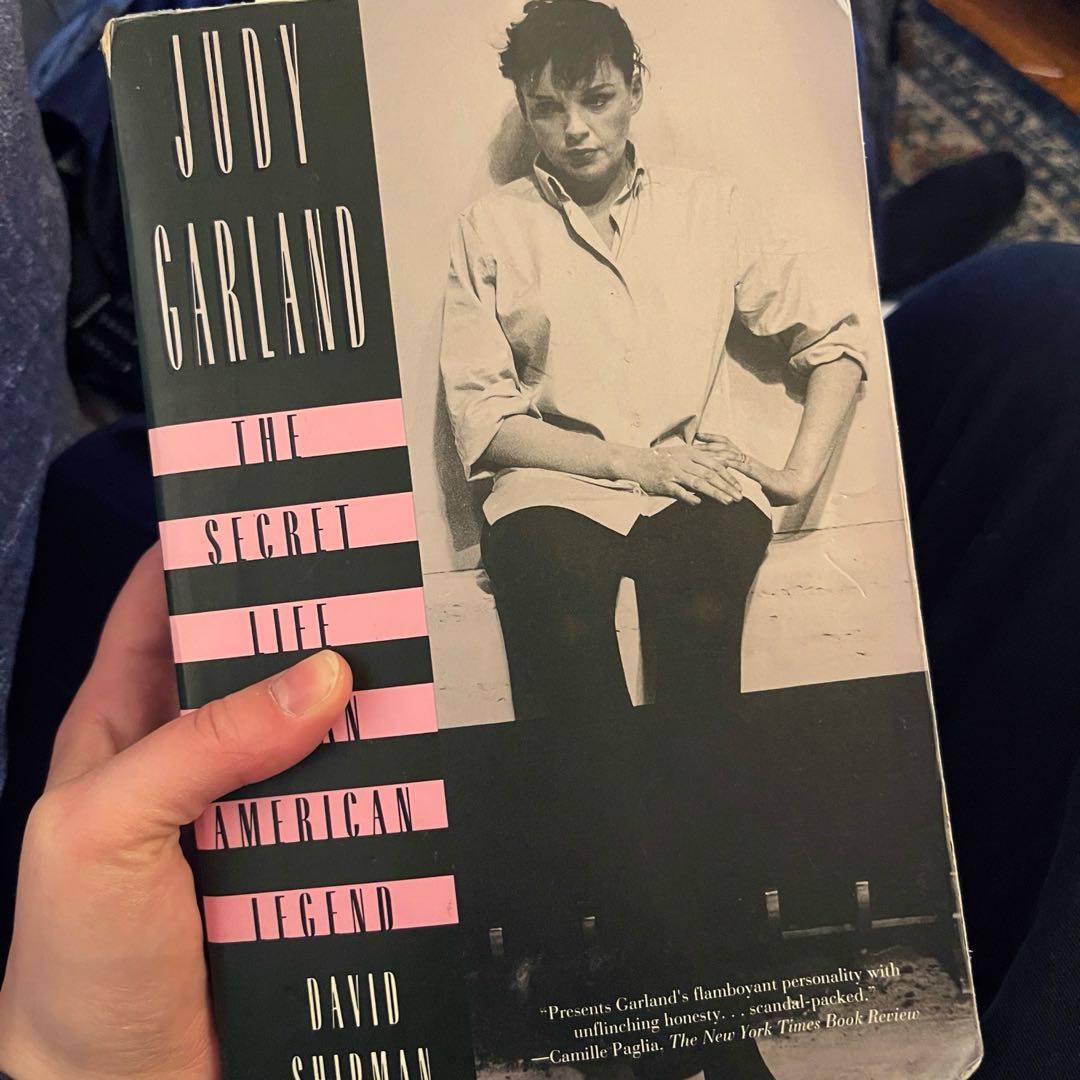
Catching up… A friend lent me this in summer 2024, and I finally read it this summer & fall. Really interesting cultural history of the American entertainment industry! Then I got really into music from the 40s & 50s for the rest of the year
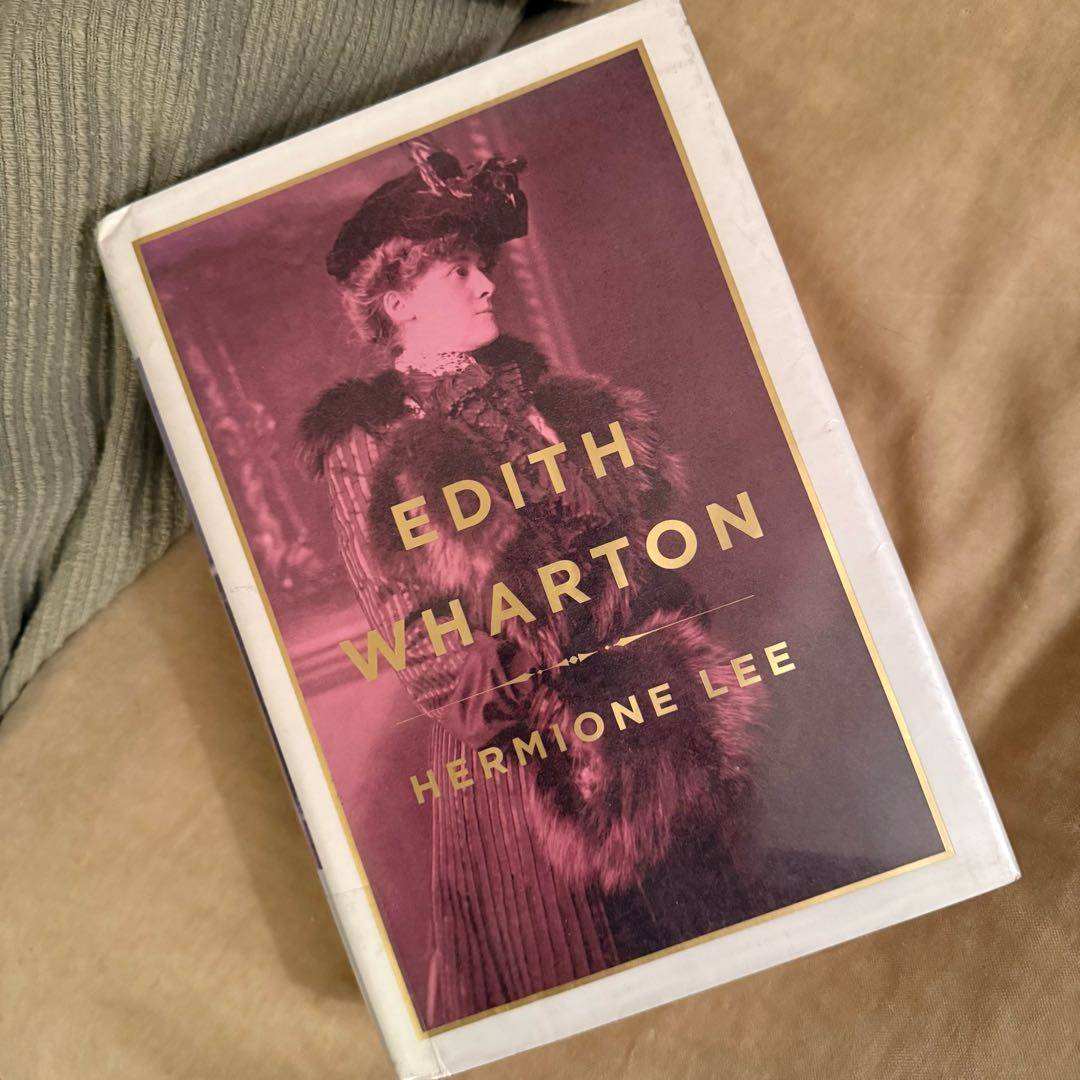
#WhartonBuddyRead #ChunksterJunior Got this brick out of the library today hoping to join in the fun !
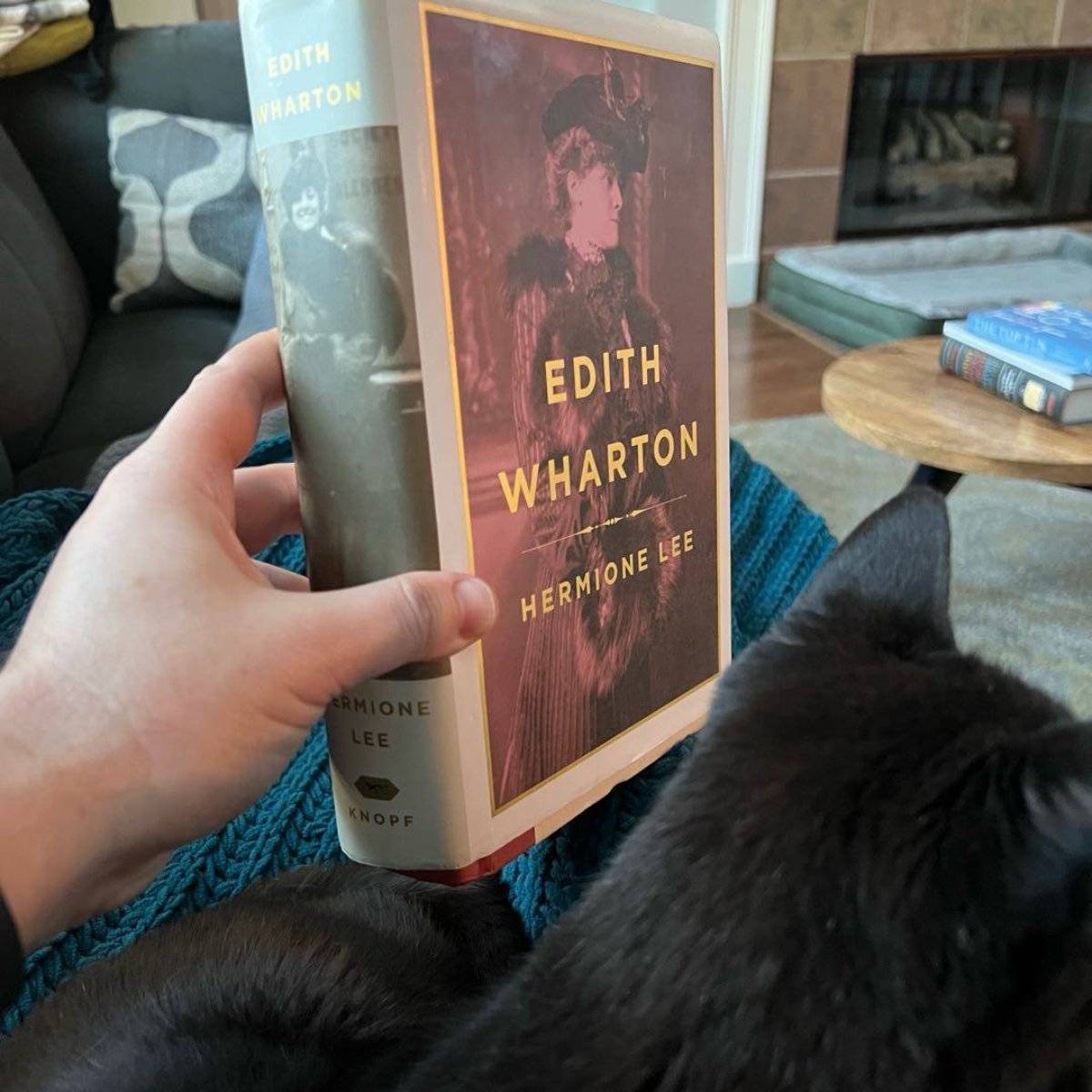
repost for @Graywacke
#whartonbuddyread
Who is up for Lee‘s biography of Edith Wharton? It‘s a chunkster (pictured above next to a 6 lb cat). While the book has 900 pages, many are notes. So a mere 760 pages of narrative. Comment if you want to join.
Proposed discussion schedule:
January 24: Chapters 1-4
January 31: Chapters 5-8
February 7: Chapters 9-11
February 14: Chapters 12-14
February 21: Chapters 15-17
February 28: Chapters 18-20
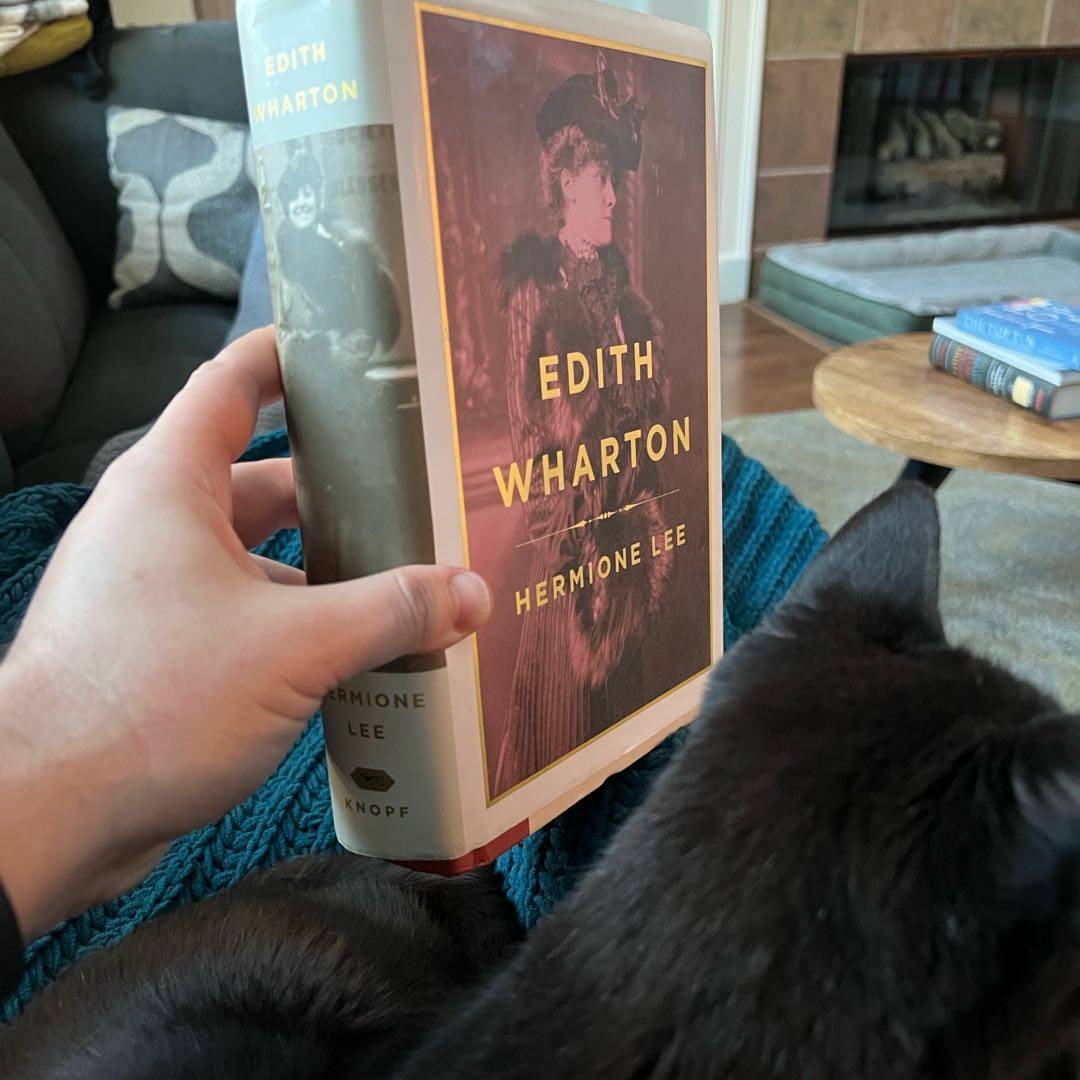
#whartonbuddyread
Who is up for Hermione Lee‘s biography of Edith Wharton? It‘s a chunkster (pictured above next to a 6 lb cat for size). While the book has 900 pages, many are notes. So a mere 760 pages of narrative. Comment if you want to join.
Proposed discussion schedule:
January 24: Chapters 1-4
January 31: Chapters 5-8
February 7: Chapters 9-11
February 14: Chapters 12-14
February 21: Chapters 15-17
February 28: Chapters 18-20

Me: I think you'll struggle to find a book I don't already have...
My sister: ...
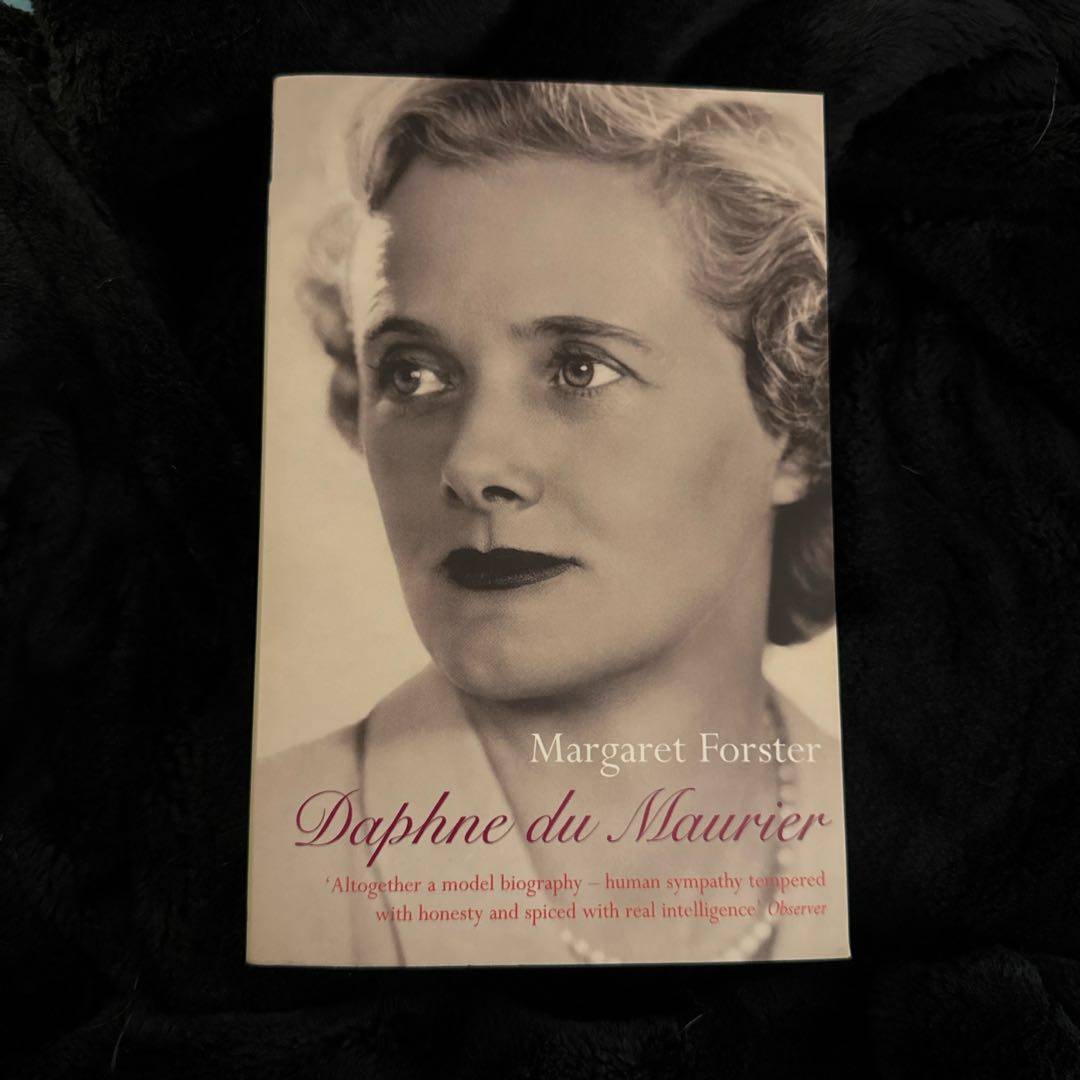
A very well-written biography. Written in an engaging way, even with cliffhanger-like chapter endings. Daphne du Maurier was not what I expected. In her youth, she reminded me of an F. Scott Fitzgerald character—well-to-do, pretty, tortured. She was surprisingly unempathetic as a person in all aspects of relationships with people.